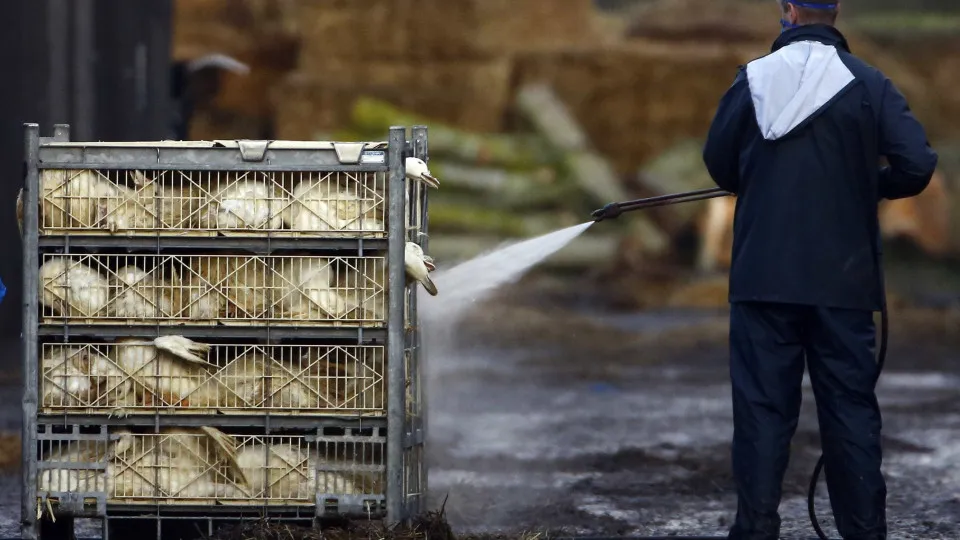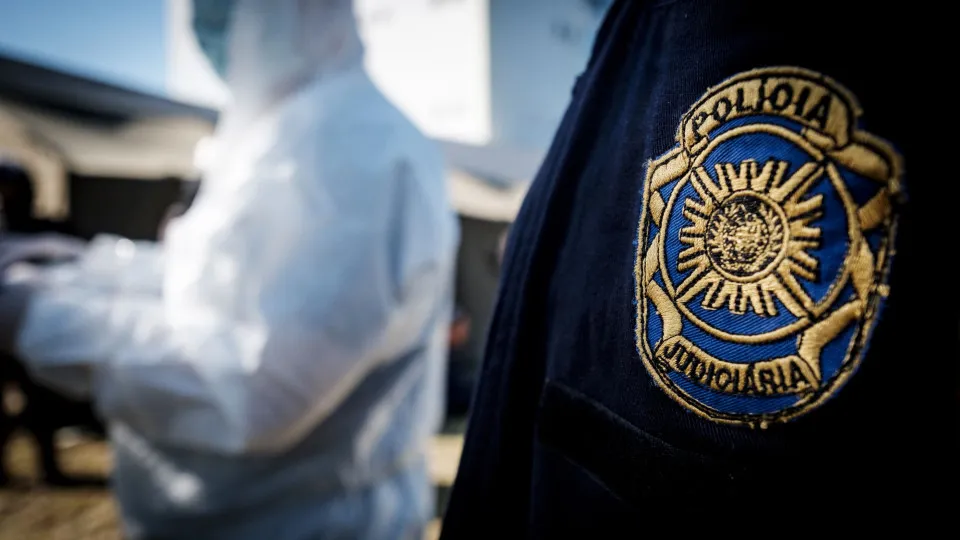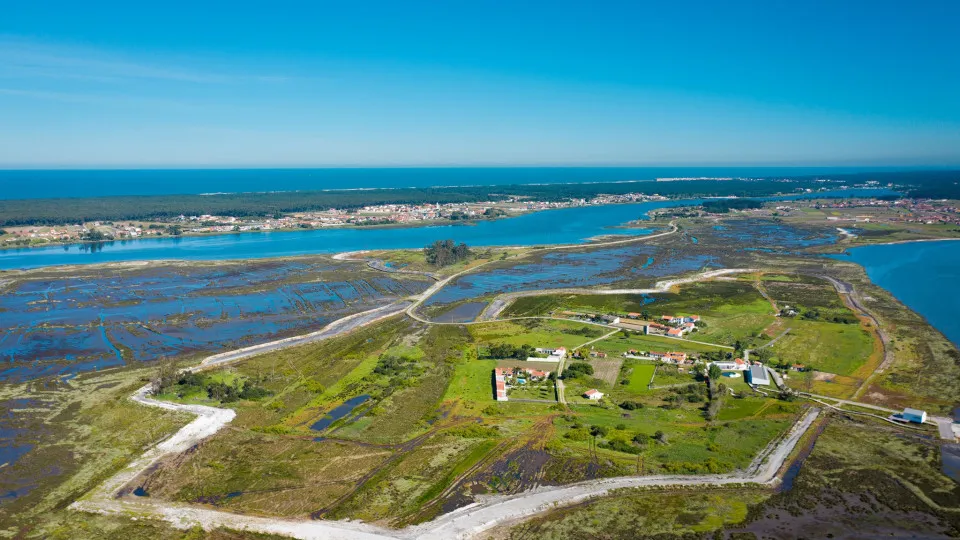
A new outbreak of Highly Pathogenic Avian Influenza virus has been confirmed at a poultry breeding farm in Ramalhal, in the municipality of Torres Vedras, the Directorate-General for Food and Veterinary (DGAV) announced today.
Detected on Monday, the outbreak necessitated the implementation of control measures as per current legislation, which involved inspecting the affected locations, culling the affected animals, cleaning and disinfecting, as well as restricting movements and monitoring poultry farms within a 10-kilometer radius of the outbreak site, according to the DGAV.
The Torres Vedras Council noted in a press release that the risk of the virus transmitting to humans is low but can occur with prolonged exposure and handling of a large number of sick animals or their waste.
Given the “sharp increase in the number of outbreaks across the European Union,” the DGAV last week mandated the confinement of domestic birds across the continental territory and banned bird exhibitions and competitions.
This confinement affects 95 zones in 14 districts identified as high risk for avian flu.
The districts affected include Porto, Lisbon, Braga, Viana do Castelo, Aveiro, Leiria, Coimbra, Castelo Branco, Santarém, Setúbal, Évora, Beja, Portalegre, and Faro.
The edict identifies 95 zones with high avian flu risk, including parishes in Alandroal, Albergaria-a-Velha, Albufeira, Alcácer do Sal, Alcobaça, Alcochete, Alzejur, Almada, Alpiarça, Alvito, Arraiolos, Arronches, Aveiro, Barreiro, Beja, Benavente, Caldas da Rainha, Caminha, Campo Maior, Cantanhede, Cascais, Castelo Branco, Castro Marim, Castro Verde, Chamusca, Coimbra, Condeixa-a-Nova, Constância, Coruche, and Elvas.
High-risk parishes also include those in Espinho, Esposende, Estarreja, Évora, Faro, Ferreira do Alentejo, Figueira da Foz, Golegã, Grândola, Idanha-a-Nova, Ílhavo, Lagoa, Lagos, Leiria, Lisbon, Loulé, Loures, Lourinhã, Mafra, Marinha Grande, Matosinhos, Mértola, Mira, Montemor-o-Velho, Montijo, Moura, Mourão, Murtosa, and Nazaré.
The same applies to Óbidos, Odemira, Oeiras, Olhão, Ovar, Palmela, Peniche, Pombal, Portel, Portimão, Porto, Póvoa de Varzim, Reguengos de Monsaraz, Salvaterra de Magos, Santarém, Santiago do Cacém, Seixal, Sesimbra, Setúbal, Sines, Sintra, Soure, Tavira, Tomar, Torres Novas, Torres Vedras, Vagos, Vendas Novas, and Viana do Castelo.
Vulnerable scenarios also impact Vidigueira, Vila do Bispo, Vila do Conde, Vila Franca de Xira, Vila Nova da Barquinha, Vila Nova de Gaia, Vila Real de Santo António, and Vila Viçosa.
Domestic birds in high-risk areas, including household coops and caged birds, must be kept confined.
The risk of avian flu spread is currently high, warned the DGAV.
The total number of outbreaks detected this year in Portugal has exceeded 30.
In protection and surveillance areas, the movement of birds, repopulation of hunting species birds, fairs, markets, and exhibitions, as well as the movement of fresh meat and eggs for incubation and human consumption, along with animal by-products, is prohibited.




